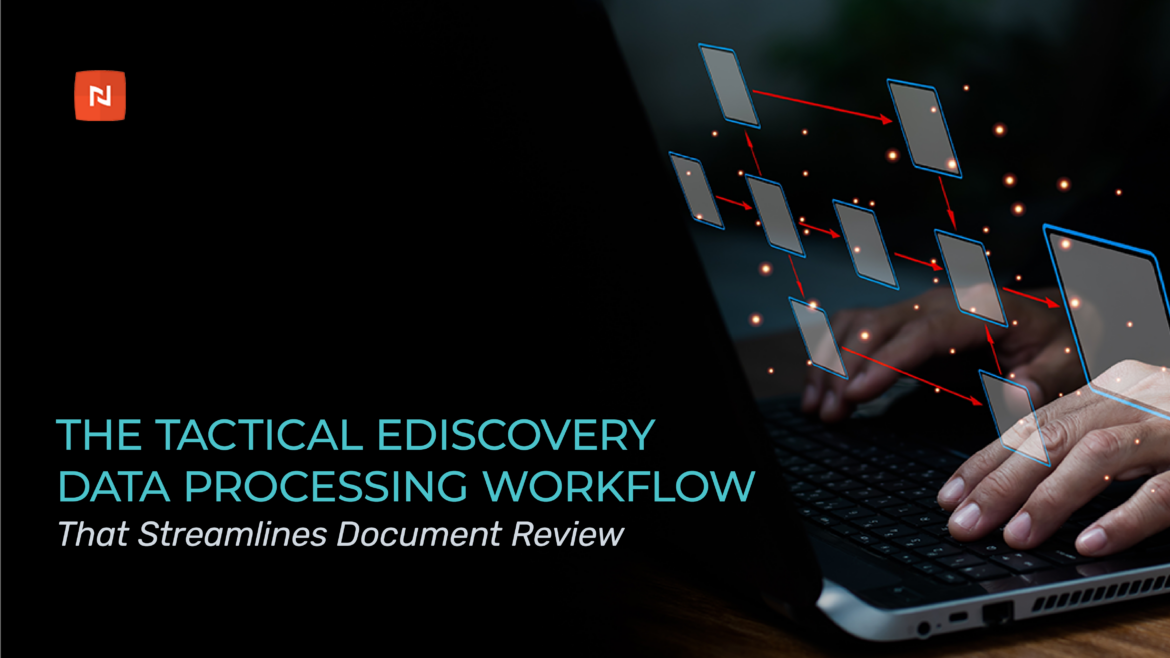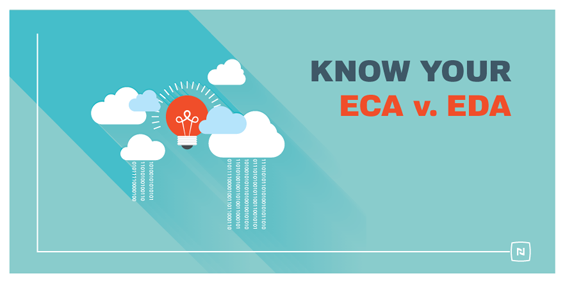This ediscovery processing workflow lays out four steps that will help you reduce the volume of discovery data and streamline document review. Between collecting & preserving electronically stored information (ESI) and reviewing & producing it, many people regrettably overlook the critical steps involved in processing the data. If you’re tempted to remain oblivious to the…
read moreEarly Case Assessment in ediscovery allows legal teams to begin review with the least amount of data possible and a better understanding of what’s in that data. Early Case Assessment might be the most important phase of any discovery battle. In the modern litigation landscape, the party that can analyze and digest digital evidence most…
read moreFILTERING SERIES / PART THREE Ediscovery processing is an often overlooked phase of litigation because it is considered a technical, not a legal practice. However, lawyers who understand processing and advanced ediscovery data filtering techniques are in a position to control the costs and scope of any matter. Advanced Ediscovery Data Filtering In Three Parts…
read moreDATA FILTERING SERIES / PART TWO Ediscovery is automated in many important ways, but attorney judgment is still vital to the process. Legal teams need to make smart decisions up front about how to filter by keyword, what to cull, and what to keep. If you are too cautious about processing, you will have too…
read moreDATA FILTERING AND CULLING SERIES / PART ONE Every lawyer wants a smoking gun email, text, or Facebook post that will decidedly win a case or force a settlement. Given the mind-boggling volume of electronic data flooding our world, finding relevant, discoverable information is a more difficult and expensive endeavor. But, if you are strategic…
read moreEarly Case Assessment and Early Data Assessment are key parts of building a strong strategy for your case. Read on to learn the role each play in litigation. You’ve got a new litigation that’s been filed either by, or against your client. You quickly find that it involves a seemingly insurmountable mountain of data. The…
read moreDeNISTing in ediscovery is one of the many technical strategies utilized during the processing stage to eliminate irrelevant data from a document collection. With the high volume of legal data seen in most litigation today, eliminating irrelevant files at the outset of a case is essential to maintaining a feasible workload for review. DeNISTing gets…
read more









